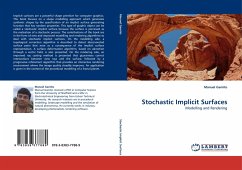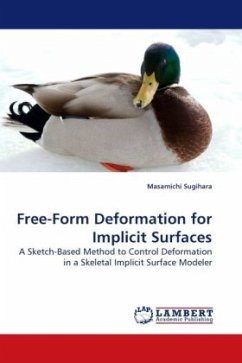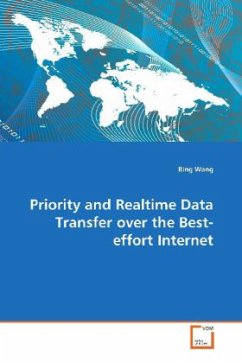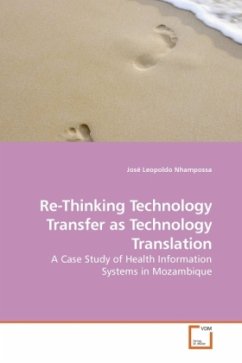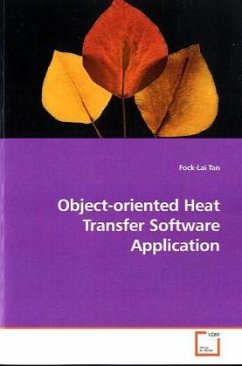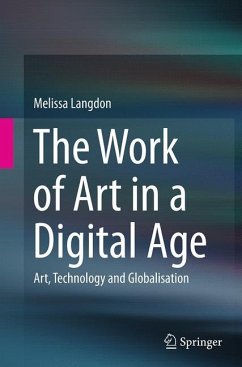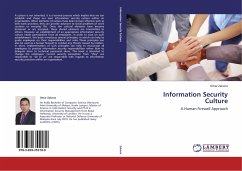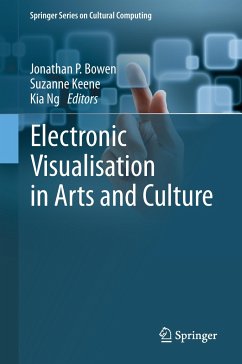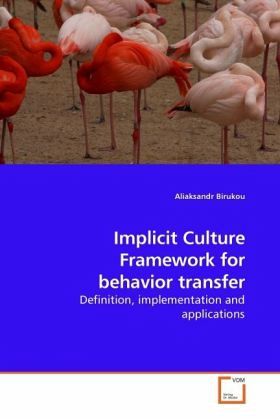
Implicit Culture Framework for behavior transfer
Definition, implementation and applications
Versandkostenfrei!
Versandfertig in 6-10 Tagen
45,99 €
inkl. MwSt.

PAYBACK Punkte
23 °P sammeln!
People belong to different communities: business communities, Web 2.0 communities, religious communities, scientific communities, just to name a few. Currently, there is no domain-independent approach for discovering, representing, transferring, and preserving community culture. Computer aided tools for such representation and transfer are of utmost importance. A key property of such tools should be their non-intrusiveness, i.e. they must be as much integrated in the community practices as possible. This thesis addresses the problem of culture transfer. First, we formalize the notion of cultur...
People belong to different communities: business communities, Web 2.0 communities, religious communities, scientific communities, just to name a few. Currently, there is no domain-independent approach for discovering, representing, transferring, and preserving community culture. Computer aided tools for such representation and transfer are of utmost importance. A key property of such tools should be their non-intrusiveness, i.e. they must be as much integrated in the community practices as possible. This thesis addresses the problem of culture transfer. First, we formalize the notion of culture, which includes behavior, knowledge, artifacts, best practices, etc. Second, using this formalism, we propose the Implicit Culture Framework, which is an agent-based framework for transferring behavior between community members or between communities. Then we describe three applications developed using the framework in the domain of recommendation systems: a system for web search, a systemfor software pattern selection, and a system for web service discovery. Finally, we present the results of the evaluation of the applications with real users and with ad-hoc user models.



